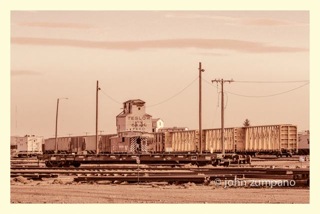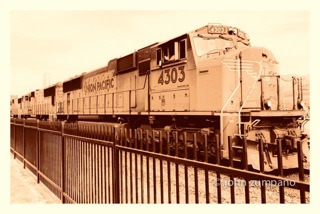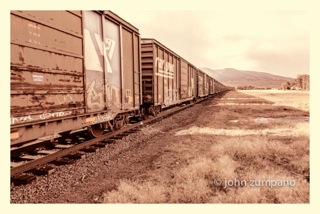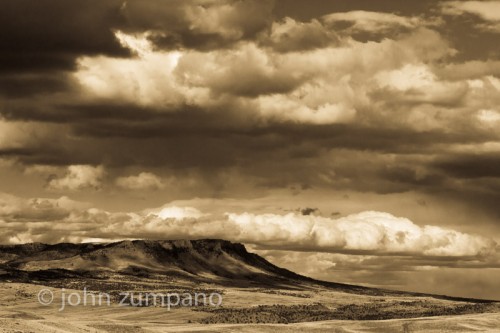…And Over There Are Willows, and Therefore Trout
In our present state of political quarreling, the Guvverment is snarked at as an evil pestilence upon the land. Democracies are sloppy and fractious and only when pressed by external enemies do our folk quit battling each other and do a few things for us all. In the horror of WW II some thought was given to the peace, and the almost inevitable economic depression which comes when wars end. So, and this measure was so sensible it became probably the most successful public policy any country ever, ever came up with, our leaders passed the GI Bill. Since government then is like government now–a bunch of lawyers who went to good schools, mostly–they thought that perhaps a quarter-million of the twelve million men and women who had served in the military might like to go to college or a trade school.
Nine million of the twelve did indeed wish to get a good education and this gave our country the best-schooled population any country on earth had and the economic power of that brought us untold wealth and opportunity. My father was one of the people who could go on and get advanced degrees and it meant that instead of being a high school mathematics teacher he could enter university life. Like most human experiences, it was a bit more complicated than his merely deciding to go on with his education. He had a job teaching mathematics in the high schools of Boulder,. Colorado. But then there was a financial kerfuffle, a millage didn’t pass or something, and he was given notice that he would not be teaching as of the first of the year. He went on home, feeling quite down about it, to the little stone house he and my mother had bought, and she gave him a message. “This man has called twice,”she said.
The Colorado School of Mines had, I seem to remember, lost their wrestling coach to an automobile accident and did my old man want the job? He said he would need a couple of hours to think it over, and he went back to the high school, found his mentor, and asked if this seemed a good idea. “If you have a chance to enter college life and work, take it. TAKE IT. said the man, so we moved to Golden and my father went on to get a Doctorate at the University of Indiana, in Education, and I recall how damn muggy and buggy Indiana was and how with our great good fortune we were there when the seventeen-year cicadas were hatching and mating and bellowing all day and all night about it. (I drive through the state time to time but I do not linger.) In time my father got a position at Montana State College and so it was that we left Colorado and came to Bozeman.
Bozeman was a pretty little Western town with a small cow college in it set in a long valley and near the mountains. We arrived, in August of 1955, and stayed in the visiting athletic teams’ quarters in the old Romney Gymnasium. I looked off to the east, saw a line of willows, grabbed my fish pole and an entrenching tool, and found Sourdough Creek.I dug a few worms, tossed in the hook, and what was to me a giant fish took the bait. I pedaled my bike back to the gym, bearing the fish. All trauma of dislocation had evaporated. Matter of fact, Montana was home and would be henceforth.
I had a paper route soon enough, and my last stop was always the Oaks, a bar long gone from Main Street. It was finished in oak, even unto the coolers and the top of the bar, and in the front of the place there was a big round table and around it were old cowboys who lived in one or another cheap hotel and who sipped red beers or whiskey ditches most of the day, as they waited for death. Some were in their eighties, even nineties, and claimed to have ridden up from Texas with the first big cattle drives in the 1880’s. They were my friends and teachers, and they always told the truth. Or so they said…..and the West was very young, even then.
My mother took me to lectures on Montana history some evenings, given by Merrill Burlingame, who I first saw in the classroom. The room smelled of floorwax and chalk and Professor Burlingame came in and began his lecture with: “….they were all here, those Westerners you read about, Buffalo Bill and Calamity Jane and Red Cloud and Custer and Wild Bill Hickok, and it was not very long ago….” and Montana’s wildly romantic history came from him, punctuated with the thwap of chalk hitting the old blackboard. And I was entranced.
Still am……

 In June of 1932 my father graduated from high school. He had grown up in the little town of Casey, Iowa, where his parents worked a small farm.
In June of 1932 my father graduated from high school. He had grown up in the little town of Casey, Iowa, where his parents worked a small farm.

